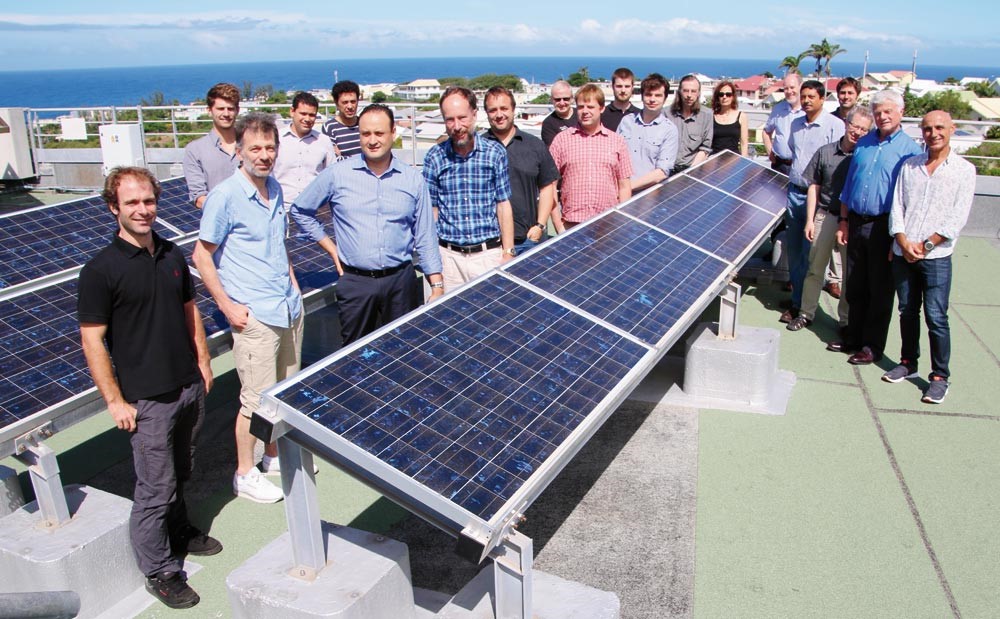In order to get the best out of solar energy, a good knowledge of the resource is essential. An accurate assessment of the solar resource is important for dimensioning solar plants – whether they are thermal, photovoltaic or concentration –. Reliable and trustworthy production forecasts during a plant’s operating phase are just as important. TSOs need them to properly handle the variable availability of the renewable resource, and continue to maintain the production-consumption balance.
Thence, having quality data from solar is primordial for one to optimize the value of underlying technologies and help integrate more renewable energies into the grid, and therefore reduce the overall energy cost.
The International Energy Agency’s (IEA) Task 46 “Solar Resource Assessment and Forecasting” gathers worldwide solar specialists from the academic and private sectors. These specialists take part in providing the solar industry, the electricity sector, governments and institutions that deal with renewables with the best practices and informative guidance.
The aim of Task 46 is to compare several data sources and forecasting methods as well as to have a better understanding of the issues linked to the integration of solar power into the grid.
To do so, Task 46 addresses four basic objectives:
- The first mission is to evaluate the solar resource variability, which impacts large penetrations of solar technologies;
- The second mission aims at standardizing and integrating the procedures for data bankability;
- The third one intends to improve procedures for short-term solar resource forecasting;
- Eventually, the last mission seeks to advance the solar resource modeling procedures based on physical principles.
Reuniwatt, a startup specialized in solar production forecasting, was appointed as one of France’s representatives by the Agency for the Environment and Energy Management (ADEME) to join the IEA’s Task 46 last April 2015.
Benefitting from a well-known legitimacy regarding forecasting from the scientific community, Reuniwatt is currently working with the Oldenburg University – whose researches on forecasting are directed by Elke Lorenz – on a benchmark based on the forecasting methods using satellite imagery. The results of these works and their conclusions will be published at the next EU PVSEC conference that will take place on September 14-18th 2015 in Hamburg (Germany).
